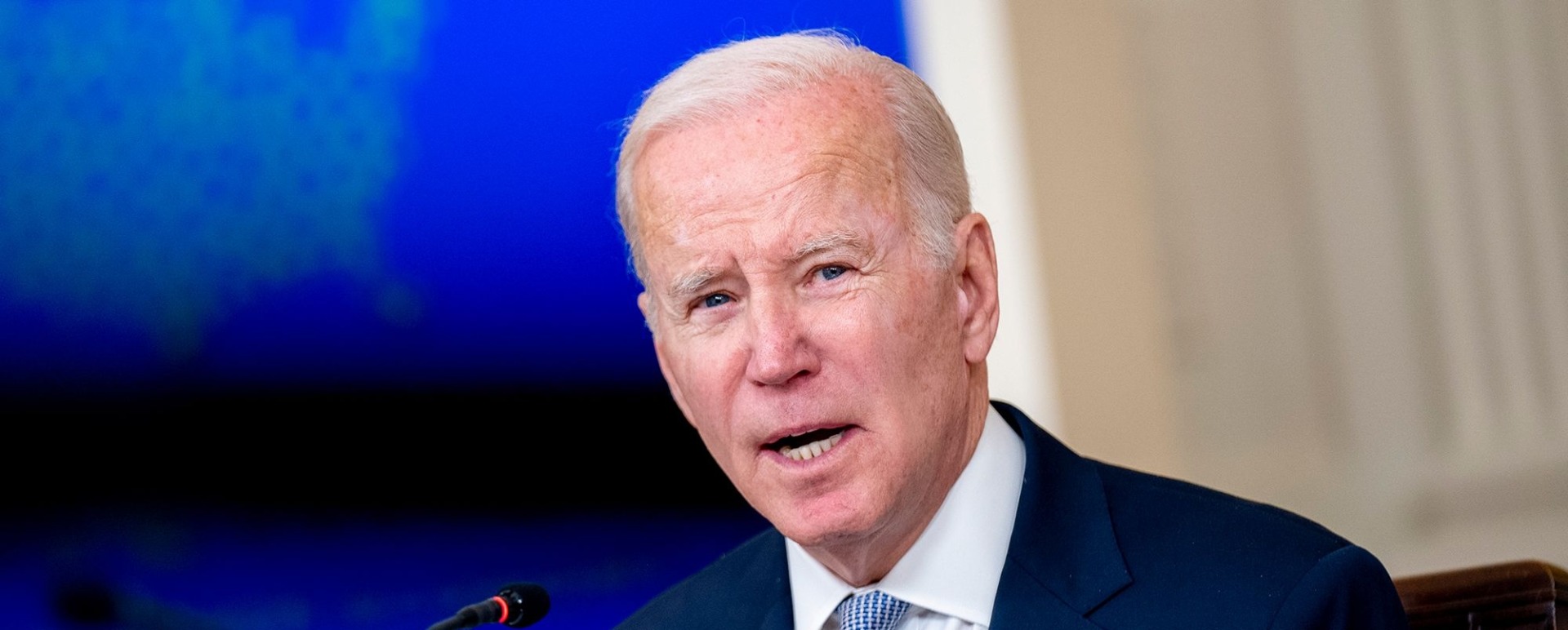Comments
- No comments found

Global debt levels soared by $8.3 trillion in the first quarter of 2023.
According to the Institute of International Finance, global debt climbed to $305 trillion, nearly the record high set in the first quarter of 2022. This means almost 335% of GDP.
Rising debt is a burden on growth, and soaring public debt means higher taxes, weaker productivity and declining real wages as governments push inflationary policies to try to dissolve part of their enormous indebtedness.
Public debt is not a reserve asset for the public sector, it is a negative factor that crowds out investment and credit and erodes purchasing power from families and earnings from businesses as taxes rise. To make public debt a reserve asset it would have to generate real economic return, just as is the debt of private businesses used for solid investments. However, governments use increasing debt for current spending with no real economic return, and this leads to lower growth trends and loss of purchasing power of its issued currency.
Private debt is paid by families and businesses, but public debt is also paid by the private productive sector. Therefore, the impact on the pattern of growth, job creation and investment are significantly more negative when public debt rises.
There is no such thing as public debt. We pay it, always. With higher taxes, higher inflation, or larger budget cuts, maybe all at the same time.
Global markets have entered a perverse incentive mechanism where consensus investors favour rising public imbalances expecting central banks to implement quantitative easing afterward. The main reason is that market participants perceive that it will benefit equity and bond valuations in relative terms. However, this is a dangerous bet. Those investors that hail public debt and quantitative easing continue to bet on an outcome that has not happened for years: Low inflation and decent growth added to equity multiple expansion. Those market participants seem to want another fix of money printing expecting 2009 to return. It is even worse. Demanding currency debasement and destruction of the middle class for a small expansion of multiples directly attacks those that invest for the long term.
Rising debt means gold remains the only de-correlated and safe asset in an environment where currency destruction is likely to continue. Bitcoin and crypto assets are different things, in fact they are highly correlated with non-profitable tech.
Governments are not going to reduce deficit spending, and this means that public fixed income may be the riskiest asset for investors in an era of inflationism.
Investors can bet on one thing. The inflationist policies that have been modestly implemented since 2009 are going to be accelerated. This will not be pretty if it leads to a prolonged period of stagflation. Stagflation does not create multiple expansion and equity booms. It is bad for fixed income and equity markets.
You wanted high debt, more spending and more central bank easing? This is the consequence. Record debt, weaker growth, and inflation.
Daniel Lacalle is one the most influential economists in the world. He is Chief Economist at Tressis SV, Fund Manager at Adriza International Opportunities, Member of the advisory board of the Rafael del Pino foundation, Commissioner of the Community of Madrid in London, President of Instituto Mises Hispano and Professor at IE Business School, London School of Economics, IEB and UNED. Mr. Lacalle has presented and given keynote speeches at the most prestigious forums globally including the Federal Reserve in Houston, the Heritage Foundation in Washington, London School of Economics, Funds Society Forum in Miami, World Economic Forum, Forecast Summit in Peru, Mining Show in Dubai, Our Crowd in Jerusalem, Nordea Investor Summit in Oslo, and many others. Mr Lacalle has more than 24 years of experience in the energy and finance sectors, including experience in North Africa, Latin America and the Middle East. He is currently a fund manager overseeing equities, bonds and commodities. He was voted Top 3 Generalist and Number 1 Pan-European Buyside Individual in Oil & Gas in Thomson Reuters’ Extel Survey in 2011, the leading survey among companies and financial institutions. He is also author of the best-selling books: “Life In The Financial Markets” (Wiley, 2014), translated to Portuguese and Spanish ; “The Energy World Is Flat” (Wiley, 2014, with Diego Parrilla), translated to Portuguese and Chinese ; “Escape from the Central Bank Trap” (2017, BEP), translated to Spanish. Mr Lacalle also contributes at CNBC, World Economic Forum, Epoch Times, Mises Institute, Hedgeye, Zero Hedge, Focus Economics, Seeking Alpha, El Español, The Commentator, and The Wall Street Journal. He holds a PhD in Economics, CIIA financial analyst title, with a post graduate degree in IESE and a master’s degree in economic investigation (UCV).
Leave your comments
Post comment as a guest